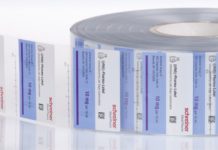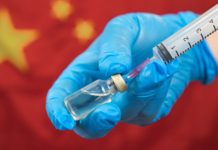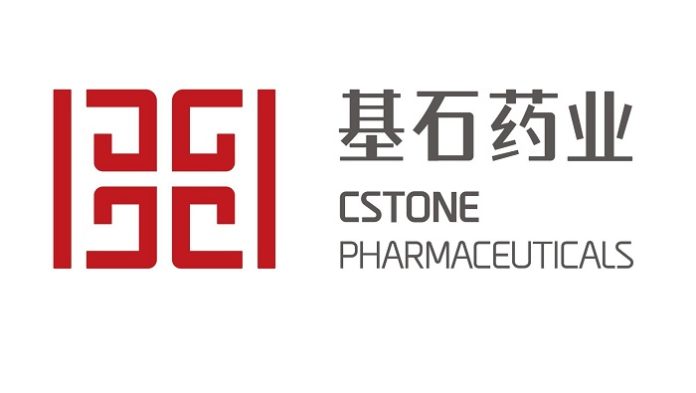CStone Pharmaceuticals announced an agreement to out-license ex-Greater China rights for two key late-stage immuno-oncology assets, sugemalimab (anti-PD-L1) and CS1003 (anti-PD-1), to EQRx, a biopharmaceutical company with an innovative business model that will allow these drugs to be competitively positioned in global markets against established treatments for the target indications.
Under the terms of the agreement, CStone will receive an upfront payment of US$150 million and up to US$1.15 billion in milestone payments for both drugs as well as separate tiered royalties. EQRx will obtain exclusive rights to lead global development and commercialization worldwide, excluding Mainland China, Taiwan, Hong Kong and Macau. CStone retains rights to CS1003 in Greater China, where it can continue to pursue development as a monotherapy or as part of its combination strategy for this drug.
Frank Jiang, M.D., Ph.D, chairman and chief executive officer of CStone said, “We are pleased to be partnering with EQRx, an outstanding company led by an exceptional management team with a track record of building and investing in biotech companies as well as leadership roles at commanding heights of the industry. They have a unique blend of expertise to execute on this agreement and maximize the global potential of our two lead immuno-oncology assets.”
“This partnership demonstrates the clinical as well as the commercial potential of sugemalimab and CS1003. Both are well suited to serve as backbone molecules for various combination therapies, an approach that is part of EQRx’s vision for these drugs. The broad potential to develop combination therapies further strengthens our ability to pursue our combo strategy for CS1003 in China. In addition, the capital proceeds that we generate through this transaction will enhance our ability to invest in strategic development initiatives and advance our transition into a fully integrated biopharma company,” Frank added.
Alexis Borisy, chairman, founder and chief executive officer of EQRx, said, “CStone is recognized globally for excellence in drug development and we look forward to advancing their foundational work to expand access to these two late-stage, innovative immunotherapies. We believe the addition of PD-L1 and PD-1 drug candidates to our expanding clinical pipeline provides EQRx and our strategic partners with optionality to deliver high-quality, lower cost treatment regimens across a broad range of cancers. Ultimately, adding this unique combination of potentially best-in-class immunotherapeutic agents advances our mission to deliver equal access to innovative medicines while lowering costs for patients, payers and healthcare systems around the world.”
Sugemalimab is a potential best-in-class PD-L1 antibody that is being developed for high-incidence cancer indications in China, including frontline non-small cell lung, gastric and esophageal cancers, among others. The US Food and Drug Administration (US FDA) has recently granted Breakthrough Therapy Designation (BTD) to this drug for adult relapsed or refractory extranodal natural killer/T-cell lymphoma (R/R ENKTL), and orphan drug designation (ODD) for T-cell lymphoma.
CS1003 (PD-1) is a humanized recombinant IgG4 monoclonal antibody targeting human programmed cell death protein 1 (PD-1) being developed for immunotherapy of various tumors. CS1003 is currently being studied for the treatment of advanced solid tumors, including a global registration trial in first-line hepatocellular carcinoma. The US FDA has granted ODD for this indication.
Sugemalimab (PD-L1) is an investigational anti-PD-L1 monoclonal antibody discovered by CStone. Authorized by a company based in the US, Ligand Pharmaceuticals Inc, sugemalimab is developed using the OmniRat transgenic animal platform, which can generate fully human antibodies in one stop.
As a fully human, full-length anti-PD-L1 monoclonal antibody, sugemalimab mirrors the natural G-type immunoglobulin 4 (IgG4) human antibody, which may reduce the risk of immunogenicity and toxicities in patients, a potentially unique advantage over similar drugs.






















